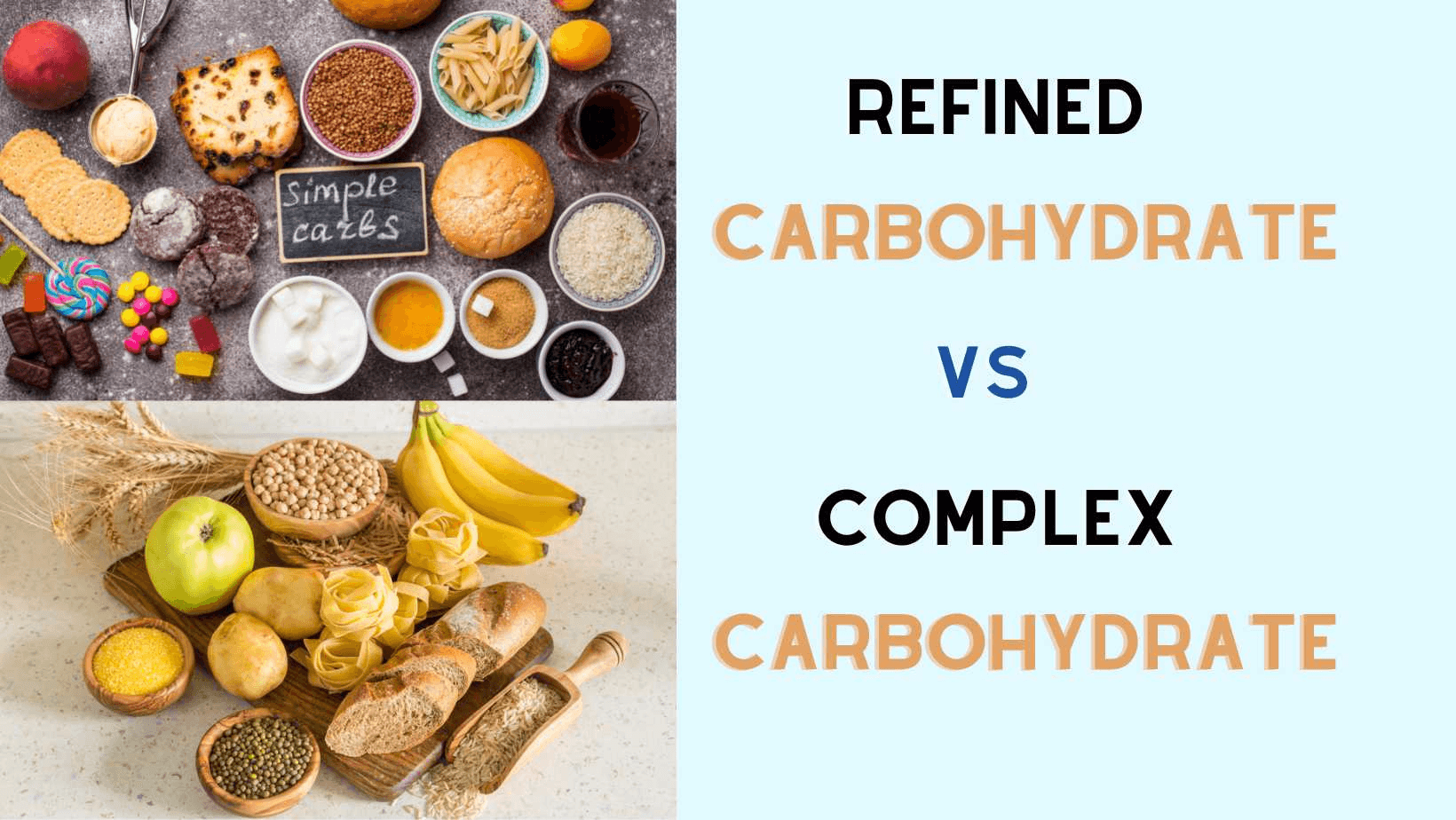Avoid Refined Sugars/Carbohydrates
TLDR:
Refined carbohydrates are processed foods from which the natural fiber, vitamins, and minerals have been removed during manufacturing. Consuming these foods can lead to rapid spikes in blood sugar and insulin levels, which might contribute to energy crashes and other health issues.
Example foods: white bread, white rice, pasta (excluding whole grain pasta), refined wheat flower snacks like crackers, cereals, snack bars

The TLDR;
Rhonda suggests that the one dietary change that would make the biggest improvement to someone eating the “Standard American Diet” would be to cut out all refined sugars.
Regular consumption of refined sugar can lead to a plethora of negative health consequences, including:
- Weight gain
- Type 2 diabetes
- Atherosclerosis
- Accelerated ageing + more.
What Are Refined Carbs?
Refined carbohydrates, or "bad" carbs, are sugars and refined grains that have been processed to remove bran, fiber, and nutrients.
Common examples:
- White bread
- Pasta
- Pastries
- White rice
- Sugary snacks
These carbs digest quickly and cause spikes in blood sugar, leading to a surge of insulin and subsequent drops in energy.
Regular consumption of refined carbs can lead to:
- Short term - weight gain, cravings, insulin resistance
- Long-term health issues - type-2 diabetes, heart disease, and high blood pressure
What Are Unrefined/Complex Carbs?
Unrefined or "good" carbs are complex carbohydrates that retain their natural fiber and nutrients. They digest slowly, providing a more gradual release of energy and helping to maintain stable blood sugar levels.
Common examples:
- Whole grains
- Vegetables
- Legumes
- Nuts
- Fruits
These foods are higher in fiber and essential nutrients, which can aid in:
- Weight management
- Reduce the risk of chronic diseases
- Improve overall energy levels.
Incorporating more unrefined carbs into your diet can help guard against the negative effects of refined carbs and promote better long-term health.
Why It’s Difficult to Cut Down on Carbs
Straight up... it's hard to cut down on bad carbs. At least in the US, they're staring you in the face... everywhere.
We know the obvious places, like fast food restaurants and what not, but often ties, even some “healthy” options like granola bars and low-fat meals are heavily processed and high in bad carbs.
They also create cravings, due to their quick digestion and rapid blood sugar spikes. This is why many, including myself, take comfort in carb-rich foods.
However, by gradually replacing refined carbs with unrefined options and being mindful of hidden sugars in packaged foods, it becomes easier to reduce dependence on these less healthy options while still enjoying a satisfying diet.
One suggestion - the "outside-in" grocery shopping technique.
The "outside-in" grocery store technique involves shopping primarily along the outer aisles of the store, where fresh produce, meats, dairy, and whole grains are typically located. This strategy helps focus on purchasing more whole, unprocessed foods while avoiding the inner aisles, which often contain highly processed and less nutritious items. By sticking to the store's perimeter, shoppers can make healthier food choices and reduce the temptation to buy junk food.

Dr. Rhonda Patrick
Cell Biologist & Podcast Host (FoundMyFitness)
...
Dr. Rhonda Patrick is a cell biologist and cofounder of FoundMyFitness, a compendium of resources focused on promoting healthspan, longevity, and overall fitness through nutrition, exercise, and lifestyle behaviors.
Categories:
Disclaimer: The information presented on this website are for informational and entertainment purposes only. Please consult a medical professional when considering changes to your routine, supplements, etc.
Additionally, please note that some product links in our content are affiliate links. While not all routines & products are officially endorsed by the individuals mentioned, we strive to ensure that the information we provide is accurate and up-to-date.

